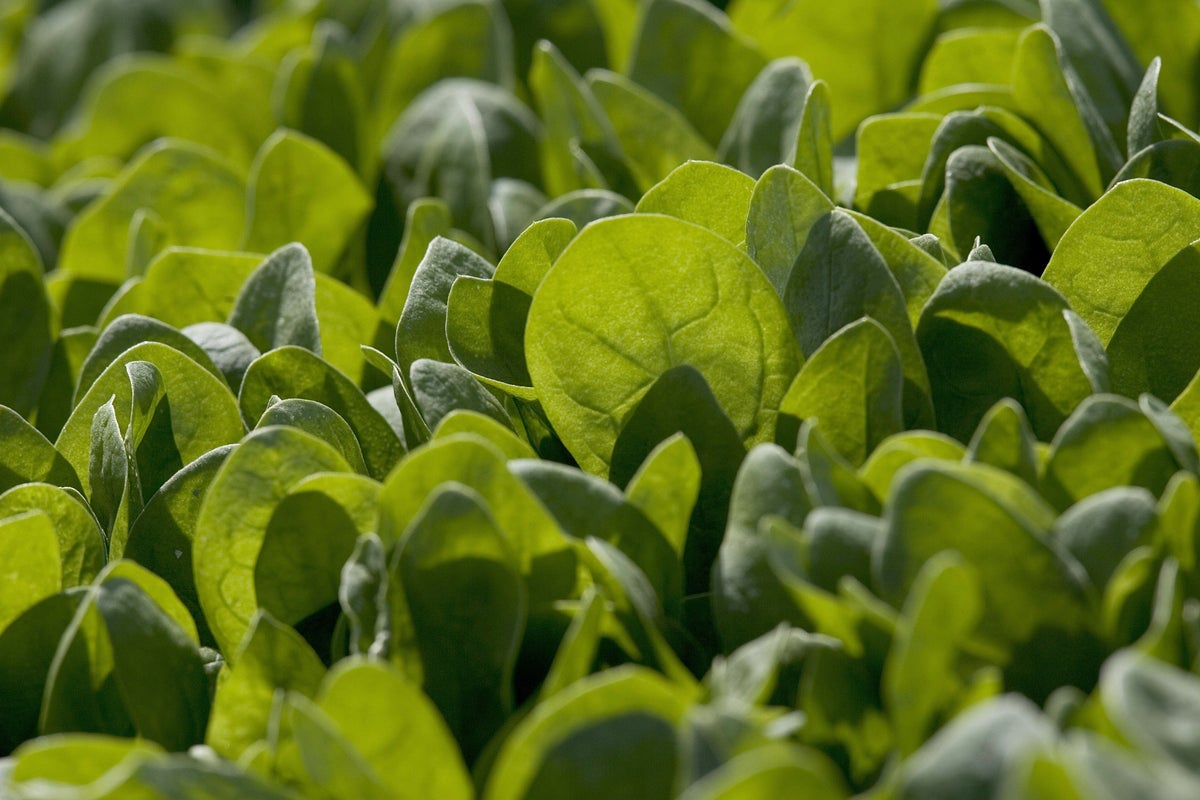
Farm officials in Australia have identified the cause behind wave of psychological and physical side-effects suffered by people who consumed spinach.
Almost 200 spinach eaters in four states across the country suffered from elirium, hallucinations, blurred vision and confusion in a case that was said to have occured from the contamination of batches of baby spinach.
Now, officials at Riviera Farms, which sold the contaminated spinach, and Victoria health on Wednesday confirmed thornapple weed, scientifically known as Datura stramonium, was harvested and packed along with the baby spinach.
The hallucination-inducing plant is also known as the devil’s snare, devil’s trumpet or jimsonweed.
Thornapple is a “vigorous growing plant” which can poison people and animals, according to the New South Wales department of primary industries.
“The entire plant, particularly the seeds, is poisonous. It contains topane alkaloids, toxins that can cause serious illness or death,” the department said.
The plant was accidentally packed alongside the baby spinach from producer Riviera farms in New South Wales.
The incident has sparked concerns about an increase in the amount of weeds affecting Australian crops after months of flooding and rain across the country.
Last week, authorities in Australia urged residents not to seek out spinach products for the purposes of getting high and issued an urgent health warning against baby spinach products bought from Costco after several cases of “possible food-related toxic reactions”.
Around 190 people have reported symptoms after eating baby spinach, at least 42 of whom have sought medical attention, reported The Australian.
Symptoms that can become severe, include delirium or confusion, hallucinations, dilated pupils, rapid heartbeat, flushed face, blurred vision, dry mouth and skin and fever.
The farm had advised its customers to recall potentially contaminated spinach products from their shelves and to advise their own customers to do the same.
“Riviera Farms has been working with retailers and regulators to identify, and recall, potentially contaminated spinach products from shelves,” it had said.







